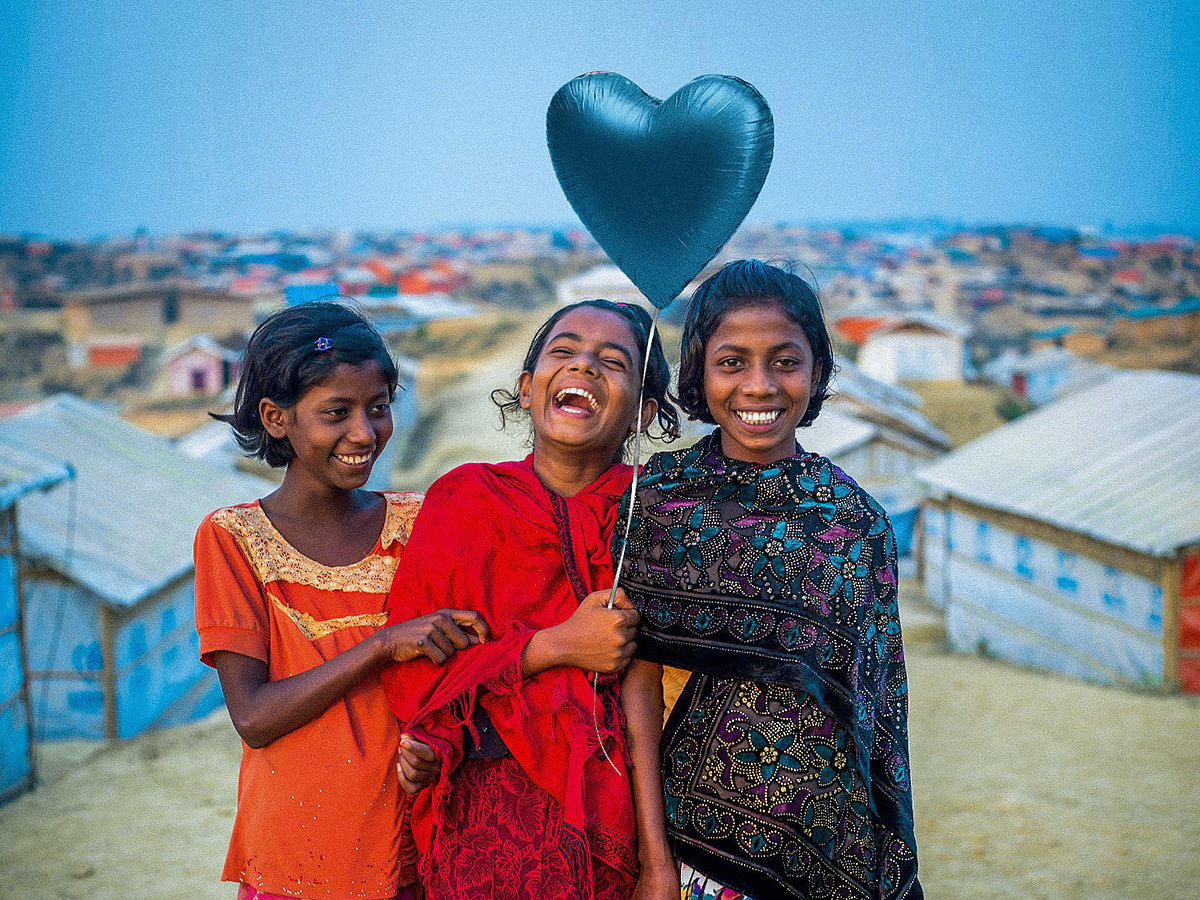Charity isn’t about generosity, it’s about responsibility
The tools to ease suffering exist — what’s missing is the will to use them

As you read this, children are going to sleep without dinner, mothers are choosing between medicine and rent, and families are living one unexpected bill away from a crisis. None of this is inevitable. The tools to prevent avoidable suffering — cash assistance, primary healthcare, safe learning spaces, protection for the most vulnerable — are available and affordable. What is missing, too often, is our decision to treat their needs as obligations rather than optional acts of kindness.
I will begin with two simple premises. First: preventable suffering is bad. Second: if it is within our power to prevent something bad from happening without sacrificing anything of comparable moral importance, we ought to do it. A new phone case, a forgotten subscription, a dinner out — these are comforts. The difference they make to our lives is modest. The difference the same money can make to a family on the edge is decisive.
Two simple rules follow. First, duty doesn’t depend on distance. In a connected world with instant transfers and audited programmes, “far away” is no excuse. Second, duty doesn’t shrink because others could help; more bystanders don’t lessen what we owe. If a child slips into a shallow pool, each of us must step in. On International Charity Day, let’s let go of the comfort of “someone else will give.”
Rethinking language
We need to rethink our language. We often call life-saving work “charity,” as if it were admirable but optional, which praises the giver and stays silent about the bystander. Yet keeping a child in school, treating a curable illness, and protecting a young person from exploitation are not extras; they are the foundation of a decent society.
Some will ask whether this is the government’s job. Governments do hold core duties; including social protection, public health, education, and the rule of law, and many governments do fulfil them. Elsewhere, conflict, disaster, or limited budgets leave gaps. The right response is twofold: we should press for better public policy, and we should act now where policy has not yet reached.
Others will say that aid creates dependency. Poorly designed aid can create dependency. Responsible aid, delivered with dignity, supported by evidence, and shaped with clear exit strategies, does the opposite. At The Big Heart Foundation, we prioritise approaches that protect agency: cash where markets function, community-led design, strong safeguarding, and investments in education and livelihoods that reduce future need.
Too small to matter
Another objection is that individual contributions are too small to matter. In practice, the final ten per cent of a budget keeps classrooms open, stocks clinics, and funds protection officers. Small gifts close real gaps.
Scale matters. If we took our two premises seriously, we would live a little differently. We would shift a modest share of our comfort to lift someone above the line between fear and security. Across the UAE, we know the power of standing together. Swift, principled action saves lives after disasters, and the slower work of recovery follows. That is The Big Heart Foundation’s (TBHF) role: to work quietly and accountably with partners who share our belief that a person’s worth is never defined by misfortune.
Why don’t we replace the language of generosity with the language of responsibility? Let us treat the choice between a non-essential purchase and a life-saving intervention as the moral decision it is. Let us measure goodness by the harm we prevent and the futures we unlock
None of us can fix everything, but each of us can prevent something bad from happening without giving up anything of comparable importance. If we accept that, what we call “charity” becomes what it should be: the everyday practice of justice.
At TBHF, we will continue to do our part. We will uphold dignity, invest in what works, and publish what we learn. Today, and every day that follows, we will choose to act. The cost to us is modest, however the difference to someone else is the distance between despair and possibility.
Alya Al Musaiebi is Director, The Big Heart Foundation
Network Links
GN StoreDownload our app
© Al Nisr Publishing LLC 2026. All rights reserved.